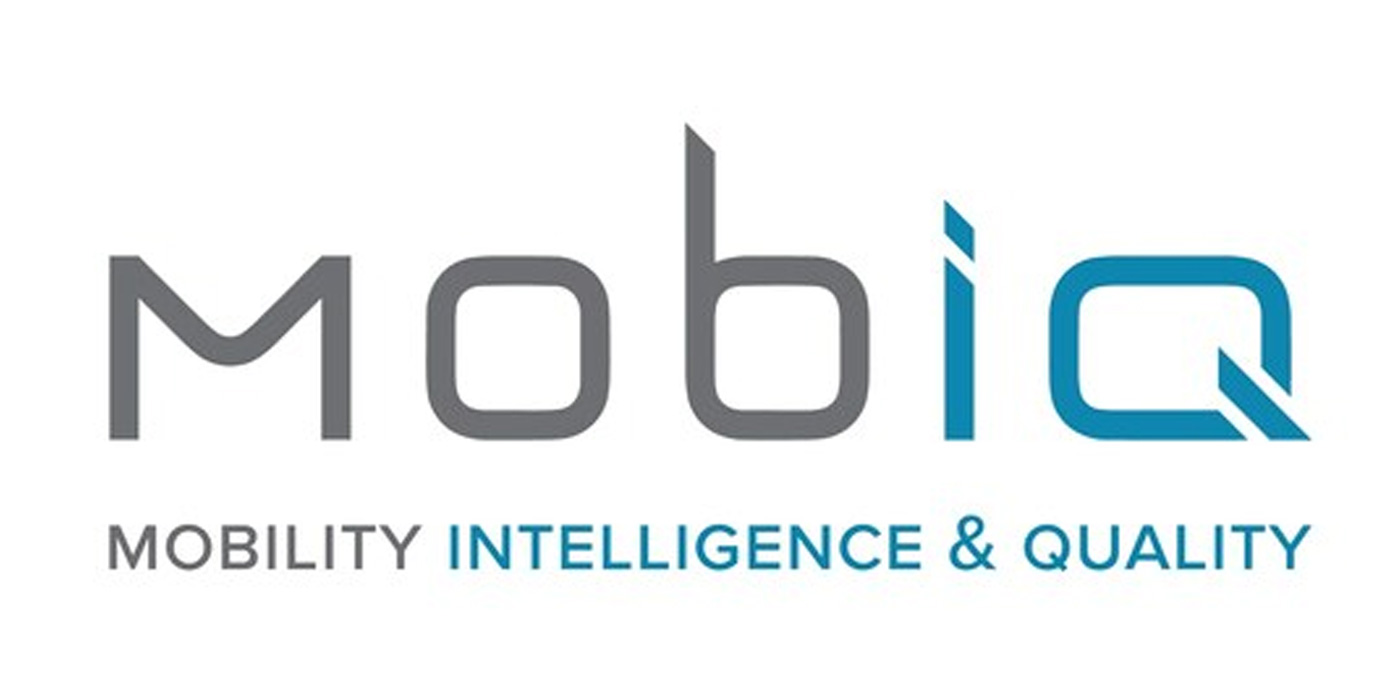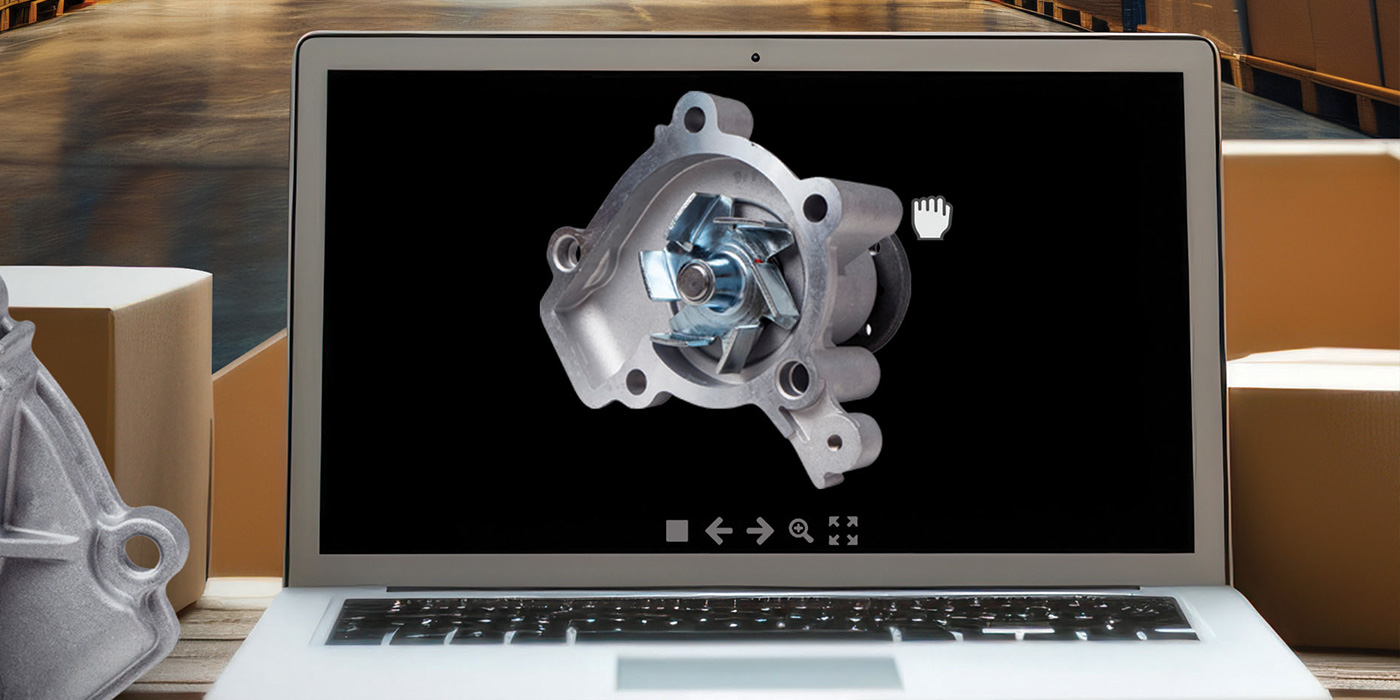NEW YORK — Registering the highest reading since September 2008, the RBC Consumer Outlook Index increased 3.2 points to 45.2 in December (from 42.0 in November) as a result of improved current conditions, employment security, expectations and investment attitudes. Consumer confidence has been on the rise for three months in a row and has broken through the top of the recent range. However, despite the recent improvements in consumer sentiment, the RBC index remains well below its long-term average of 50 points and continues to reflect a very modest economic recovery.
“Consumers are entering the holiday season with greater hope and optimism than at any point since September 2008 — just before the global financial crisis hit a fever pitch — closing out 2010 on a high note,” said Marc Harris, Co-Head of Global Research at RBC Capital Markets. “Although the RBC Consumer Outlook Index witnessed a sharp improvement this month, it still reads below the long-term average, which is in line with what we believe will continue to be a backdrop of cautious consumer spending.”
As Congress reconvenes this week to address a list of national fiscal issues, most Americans believe the best way for Congress to balance the Federal budget is through a combination of spending cuts and tax hikes, according to the monthly RBC Consumer Outlook Index. While more than two-thirds of Americans (68 percent) believe it will take a combination of tax increases and spending cuts to close the federal budget deficit, one-quarter (27 percent) say that spending cuts alone can balance the budget, and only five percent are confident that tax increases will be enough to reduce the deficit. Only 10 percent expect the deficit to shrink in 2011.
Despite the harsh fiscal realities facing the nation, this month four-in-10 respondents (39 percent) say the country is on the right track, up from 35 percent last month, and they are beginning to feel better about their local economies. For the first time this year, more Americans say their local economies will be stronger in six months (24 percent) than weaker (20 percent), and the percentage of consumers rating their current local economy as weak dropped five points to 51 percent, down from 56 percent in November.
In terms of expectations for 2011, 54 percent of respondents predict inflation will be higher next year, while just 9 percent say it will be lower. However, regarding the outlook for unemployment and the stock market in 2011, U.S. consumers are mixed. Thirty-five percent of respondents predict unemployment will go higher, while 25 percent say it will decrease and 30 percent say it will remain at its current level. One-quarter (26 percent) predict the stock market will go up while 24 percent say it will go lower. Interestingly, 38 percent of consumers currently invested in the stock market expect it to go higher next year.
Consumers also are more confident about employment security for themselves and those in their inner circle. The number of people reporting that someone they know has lost a job in the past six months dropped to 43 percent – the lowest reading in 2010. Consumers reporting they are more confident about job security jumped seven points this month, while those who are less comfortable dropped three points.
The RBC U.S. Consumer Outlook Index provides the most up-to-date and comprehensive outlook of U.S. consumers based on data collected from interviews with a nationally representative sample of more than 1,007 U.S. adults conducted over a multi-day polling period each month by Ipsos, the world’s second-largest market and opinion research firm. The results in this news release reflect some of the findings of the Ipsos poll of 1,032 U.S. adults conducted November 19-22, 2010. The RBC Consumer Outlook Index is released within 36 hours after the U.S. online panel members are interviewed. Weighting is employed to balance demographics and ensure that the survey sample’s composition reflects that of the U.S. adult population according to Census data and to provide results intended to approximate the sample universe.
Last month, the RBC Consumer Outlook Index was re-scaled to correspond with a 0-100 scale in order to maximize the interpretability of month-to-month and year-over-year changes in consumer outlook. The Consumer Outlook Index is still based on the same set of underlying questions and continues to capture the same sense of American consumer confidence. The new bounded range for the RBC Consumer Outlook Index produces more controlled monthly fluctuations, which enables greater ability to diagnose meaningful changes across the time series. Re-scaled scores have been calculated retroactively for all historical data. The historical mean for the rescaled Consumer Outlook Index COI is 50. This indicates that a score over 50 represents above-average consumer confidence and a score below 50 represents below-average consumer confidence.













